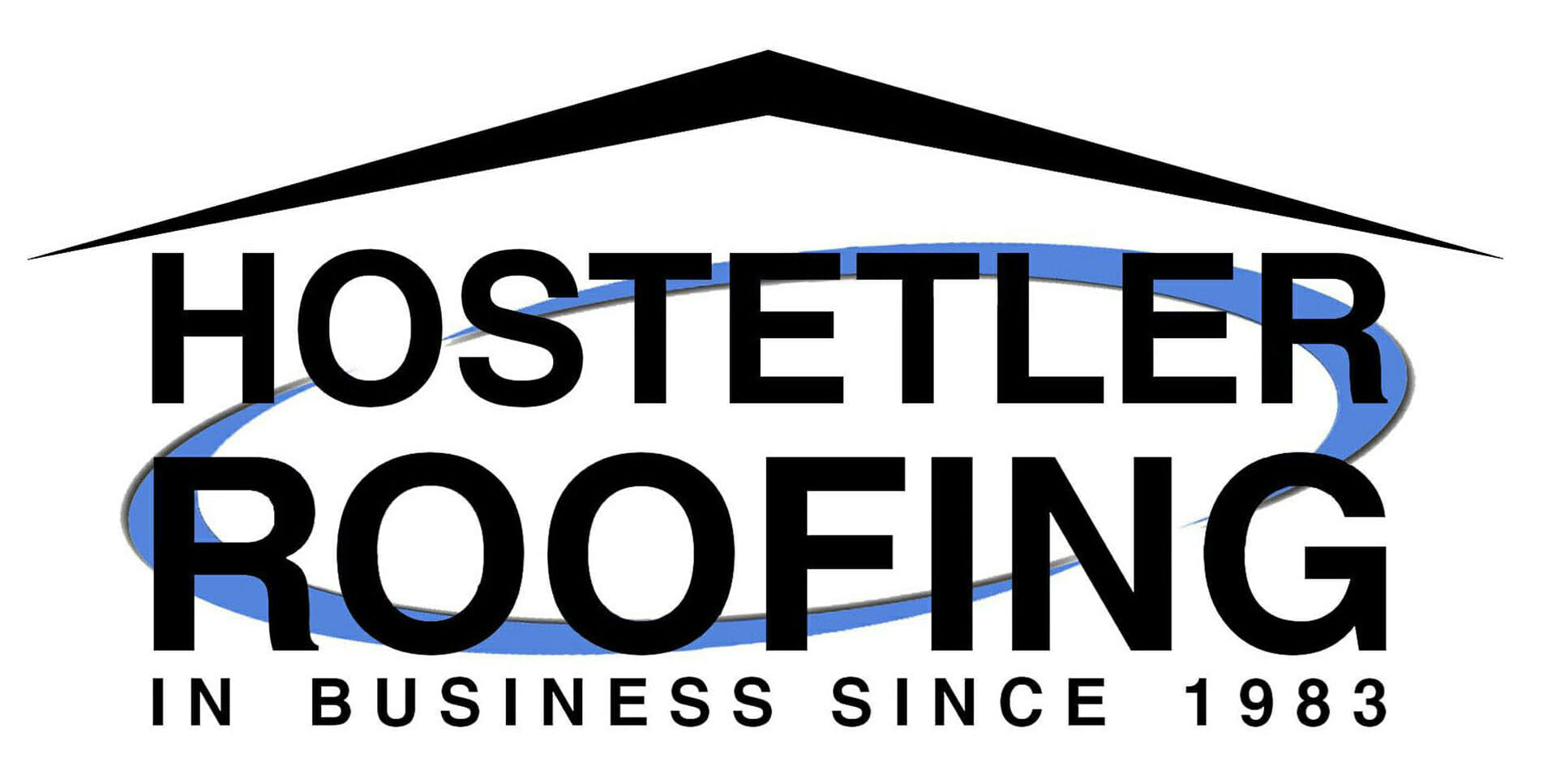When you’re responsible for a commercial building whether it’s a warehouse, a retail space, or an office, fire safety should always be part of the conversation, especially here in Arkansas where summer heat, electrical issues, and wildfires can all pose risks.
One of the most effective ways to protect your property is by installing fire-resistant roofing. At Hostetler Roofing, we help businesses in Nashville and the ArkLaTex region choose materials that don’t just last—but help reduce the chance of major fire damage.
In this blog, we’ll walk you through the best fire-resistant roofing materials, how roofing is rated for fire safety, and what you should know when upgrading your roof.
Why Fire Resistance Matters for Commercial Roofing
A fire-resistant roof won’t stop a fire from happening but it can slow the spread and give you time to act. That time can make the difference between a small incident and a total loss.
Fires on or near the roof can start from:
- Lightning strikes
- Nearby brush or building fires
- Electrical faults from HVAC or solar panels
- Improperly discarded smoking materials
Investing in a fire-resistant roof adds a layer of protection for your employees, your equipment, and your business continuity.
Understanding Fire Ratings for Roofing
Roofing materials are tested and rated by fire resistance using a Class A, B, or C rating (according to standards like ASTM E108 and UL 790).
Here’s what those ratings mean:
- Class A – Best protection; withstands severe fire exposure (recommended for commercial buildings)
- Class B – Moderate protection; resists flames for a shorter period
- Class C – Basic protection; slows down light flame spread only
We recommend Class A roofing systems for most commercial buildings, especially those with valuable equipment or located near wooded or rural areas.
Top Fire-Resistant Roofing Options for Businesses
1. Metal Roofing (Class A)
- Highly fire-resistant, won’t ignite or feed flames
- Lightweight, durable, and low-maintenance
- Reflects heat—ideal for energy efficiency
- Popular for warehouses, manufacturing plants, and modern office buildings
2. Modified Bitumen or Built-Up Roofing with Fire-Retardant Cap Sheets (Class A)
- Common flat-roof option for commercial properties
- Fire resistance depends on the surfacing layer—make sure it includes fire-rated cap sheets
3. Single-Ply Membranes (TPO, PVC)
- Often rated Class A when installed over a fire-rated underlayment
- Resistant to chemical exposure and common on flat commercial roofs
4. Clay or Concrete Tile (Class A)
- Not common for most commercial roofs, but ideal for certain architectural styles
- Heavy, but naturally fireproof
5. Asphalt Shingles (Commercial-Grade, Class A)
- If your business has a pitched roof, you can use Class A-rated asphalt shingles
- Look for fiberglass-reinforced shingles with high fire ratings
Things to Consider Before Choosing Fire-Resistant Roofing
- Building code requirements – Some areas require specific fire ratings based on zoning or insurance.
- Roof slope and structure – Flat roofs have different options than pitched ones.
- Budget vs. lifespan – Class A-rated materials may cost more upfront but could lower long-term insurance costs.
- Local fire risk – Rural or industrial areas may need more protection than downtown locations.
Can You Upgrade an Existing Roof for Fire Resistance?
Yes, in many cases. Even if you’re not ready for a full roof replacement, we can apply fire-rated coatings or install protective layers during repairs to improve resistance. This is especially valuable for aging flat roofs.
Let’s Help You Choose the Right Fire-Resistant Roof
Choosing the right fire-resistant roofing system is about more than checking a box—it’s about protecting your business, your people, and your future.
At Hostetler Roofing, we’ll inspect your building, explain your options clearly, and make recommendations based on your real needs—not just the most expensive materials.
Call us today at (870) 557-4797 to schedule a free consultation. We’re proud to serve businesses in Nashville, Arkansas and the surrounding ArkLaTex area with trusted commercial roofing solutions since 1983.
You May Also Like To Read: Flat Roof Coatings: Which One Is Best?

